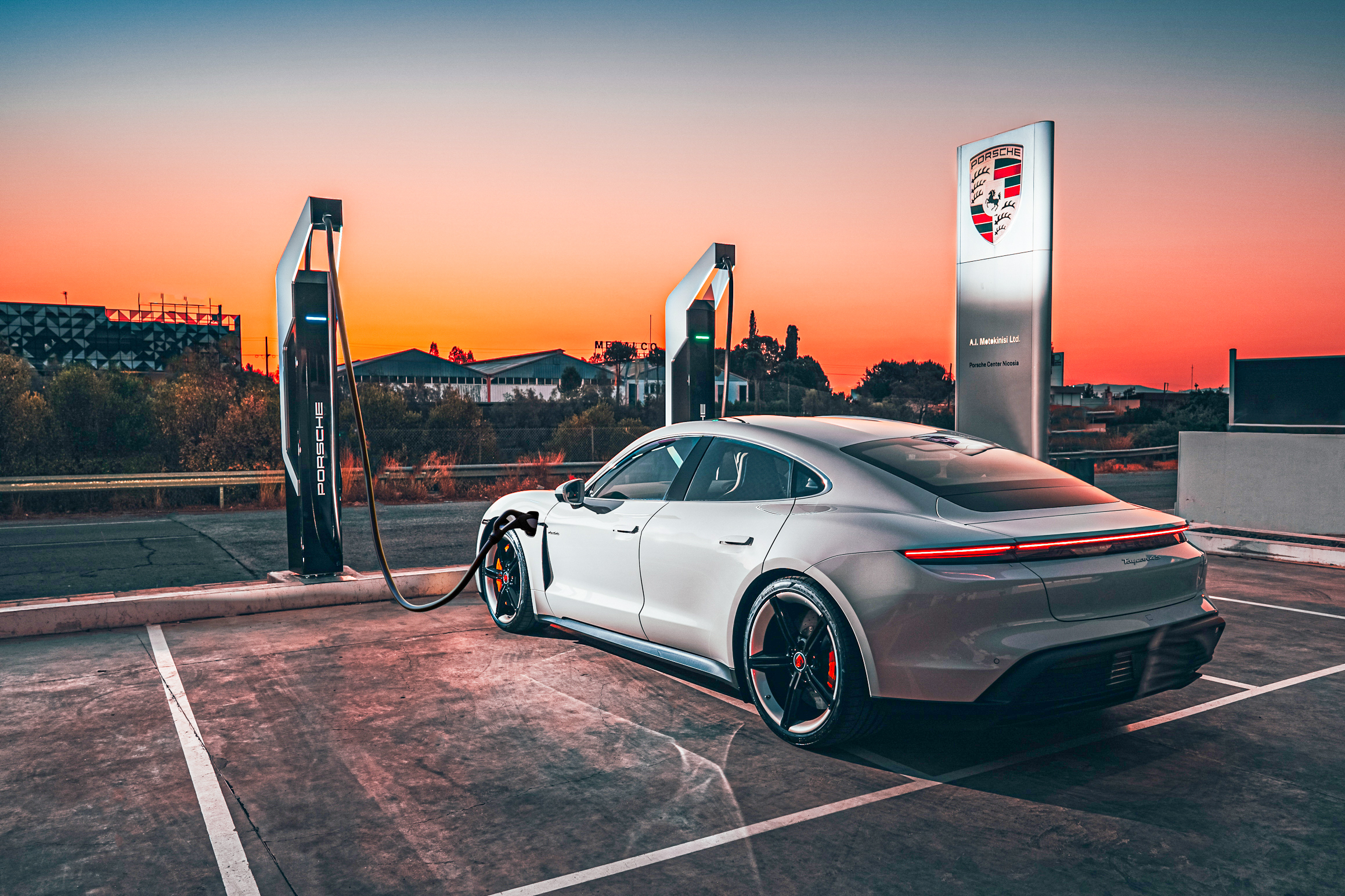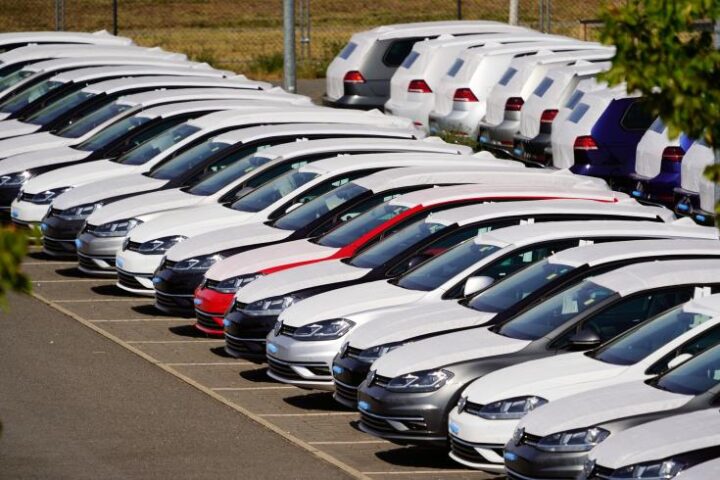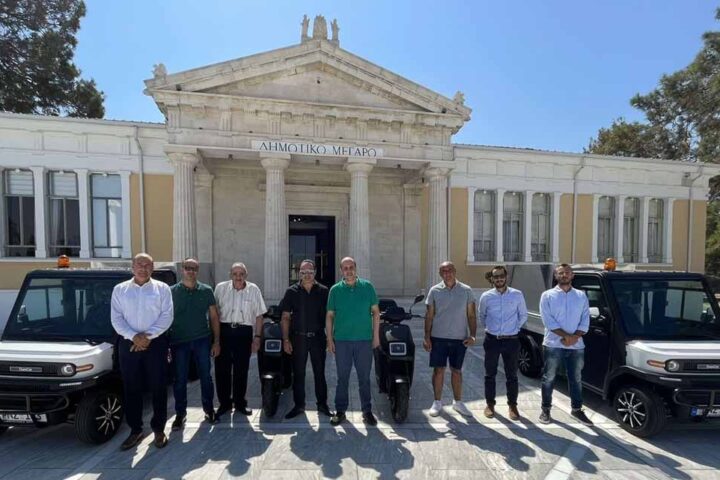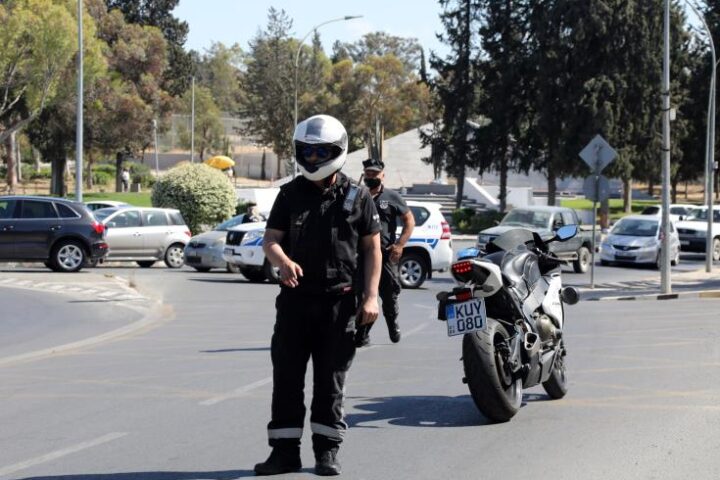Buying an electric car or a plug-in hybrid seems to be moving at a snail’s pace in Cyprus, not just because of the rising cost of electricity but also the absence of a good network of charging stations.
With the island boasting a mere 57 charging stations, more than half are installed by the Electricity Authority of Cyprus; car importers are picking up the slack, moving rapidly to introduce EV chargers.
Some are offering the charge at no cost, while others see this new sector as a business opportunity, with new joint ventures in the pipeline to help others set up charging points.
The government has set ambitious targets to create more service stations along the main highways and EV charging points.
With only 500 electric vehicles on Cyprus roads, Transport Minister Yiannis Karousos introduced incentive schemes worth €45 mln to subsidise EV purchases for private use, taxis, and buses.
The aim is to register 36,000 electric vehicles by the end of 2030, Karousos declared last November.
He set a target for 25% of new vehicle registrations by 2030 to be electric ones.
“The ultimate aim is to increase this percentage to 100% by 2035,” he said.
The dominant player is the state-owned utility Electricity Authority of Cyprus, with 34 locations in all towns, including one each in the popular holiday resorts of Protaras, Polis Chrysochous and Platres, and two highway-side fast charging stations in Nisou and Skarinou.
Spokesperson Christina Papadopoulou said that EAC is adding 40 new locations, including three more fast-charging stations, “in the next few months.”
The EAC deployed its first EV charge points at the old head office in central Nicosia and Larnaca airport some seven years ago, while the EAC mobile app indicates the real-time availability of charging points.
The cost at EAC charging points is 25c/kWh, rising to 28c for fast charging, with a €6.85 subscription for two months.
Due to the limited range of most commercially available vans and pick-ups, it has a fleet of only six EVs, all passenger saloons used for administrative purposes.
“In the future, we plan to purchase greater-range electric vehicles, especially for maintenance crews that visit rural and isolated out-of-the-way areas,” Papadopoulou said.
Porsche Centre Cyprus leads the field of distributor-installed charging points with eight locations rising to 13 by the end of 2022.
Unicars
Volkswagen Group distributor Unicars is rapidly expanding into the electric vehicle charging market, adding two new locations to its network of five, for a total of eight.
The new Unicars charging points are at the Thanos Hotels beach properties of the Almyra and Annabelle in Paphos, available to the hotel’s residents and visitors, and for any car marque, in addition to the charging points already available at the other Thanos Group resort, the Anassa.
“The future is electric,” said Konstantinos Ananiadis, head of marketing at Unicars; it boasts EV charging at its showrooms in Nicosia, Limassol, Larnaca and Paphos.
He said this is Unicars policy and part of the global effort by Volkswagen to encourage clean energy transport.
It is enjoying “unprecedented interest” by motorists in the latest EVs, namely the Skoda Enyaq, the VW iD4 and the Audi Q4 eTron.
Earlier in the year, the owners of the Grecian Park Hotel in Protaras were among the first privateers to install EV charging points, including DIY retailer Leroy Merlin, with two points available to customers at the ground level of its parking area.
The Amara in Limassol and the Elysium in Paphos also turned to privateers to set up charging stations on their properties.
Demetris Katopodis, Leroy Merlin’s country manager for Cyprus, said charging is free, complying with the French group’s worldwide policy to encourage local investment in environmental projects.
“Each country has its own policy on reducing CO2 emissions, and in Cyprus, we chose free charging at our store. No strings attached.”
Porsche
The local distributors for Porsche have gone a step further and included Cyprus in the ‘Porsche Destination’ charging network established by the parent carmaker in 2020, installing charger systems in hotels, airports, marinas, and other locations.
“Porsche customers with an electric Taycan or plug-in hybrid models (Cayenne and Panamera) can charge their vehicles for free at these sites,” said Pavlina Kristina Iacovidou, Marketing and PR Manager at Porsche Centre Cyprus.
“Apart from the 11kw chargers available at our showrooms in Nicosia and Limassol, the first 22kw chargers from the Porsche Destination programme were installed at the Radisson Blu Hotel in Larnaca in February 2021.
By the end of 2021, we had installed 21 car chargers in eight unique locations.
“In October 2021, we installed the first fast-charging station, the most powerful in Cyprus, at the Porsche showroom in Nicosia.
“The Porsche Turbo Charge station features two independent chargers, with a charging capacity of up to 320 KW (2X160 KW), and can charge two Taycans simultaneously, from 0 to 80% capacity in just 20 minutes.
“This is a “plug & play” system for Taycan owners and is also offered free of charge,” said Iakovidou.
She added that by the end of 2022, the plans are to have 29 chargers (22kw) in 13 locations across Cyprus as part of the global Porsche Destination programme.
An additional Porsche Fast Charge station will be installed in Limassol within 2023.
BMW and Range Rover distributor Pilakoutas Group also entered the game, with a network of EV charging points at almost all of its showrooms and garages.
“These include the BMW showroom and garage in Nicosia, the BMW showrooms in Limassol and Paphos, Jaguar in Nicosia, Nissan premises in Nicosia, Limassol, Larnaca and Paphos, as well as the Linopetra all-brand service station,” said Stalo Pilakouta, Head of Business Strategy.
She said the company plans to invest more in its EV charging station network.
Supercharged Dutch
Despite having an abundance of free solar energy, the island has a long way to go to achieve the simplest of green targets.
“Cyprus is at the bottom of the list, with the Netherlands, the second biggest network in the EU, having 1,600 times more points than us,” said motoring writer and industry analyst Petros Soutzis.
“The European Automobile Manufacturers’ Association (ACEA) has called for this to be speeded.
“I am happy to see that companies in Cyprus are catching up, albeit at a slower pace than we would like to see.”
Soutzis, a veteran judge in the annual European car awards and editor of autokinito.com.cy, said that half of the charging points for electric cars in all of the EU are concentrated in just two countries – the Netherlands (90,000 chargers) and Germany (60,000).
“These two countries make up less than 10% of the total surface area of the EU.
“The gap between countries at the top and bottom of the rankings is huge.
“The Netherlands – the country with the biggest infrastructure – has almost 1,600 times more charging points than the country with the least infrastructure, Cyprus, with just 57 charging points.
“The Dutch have as many chargers as 23 member states combined.










